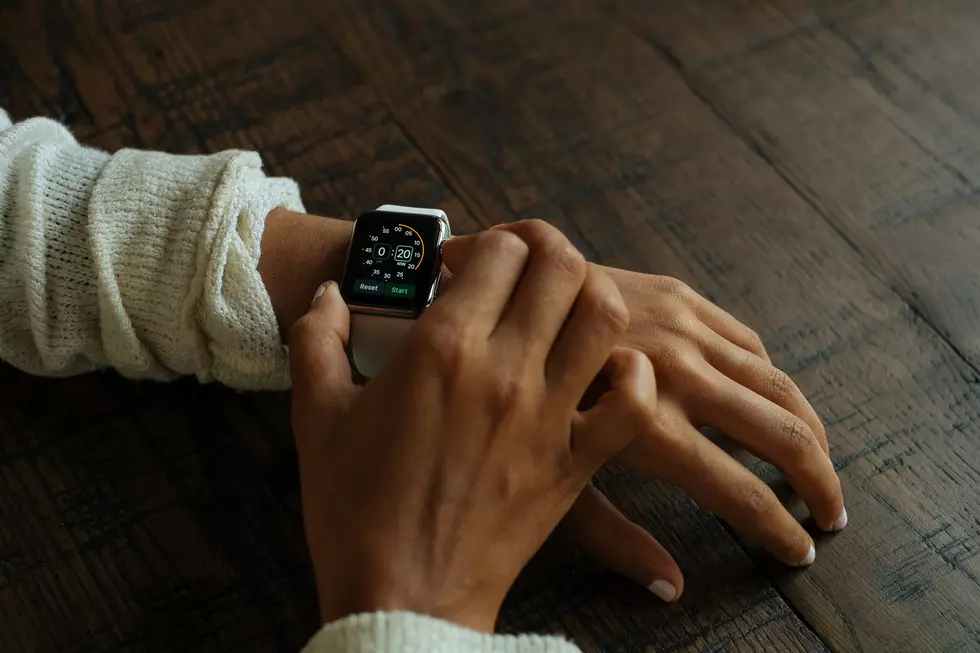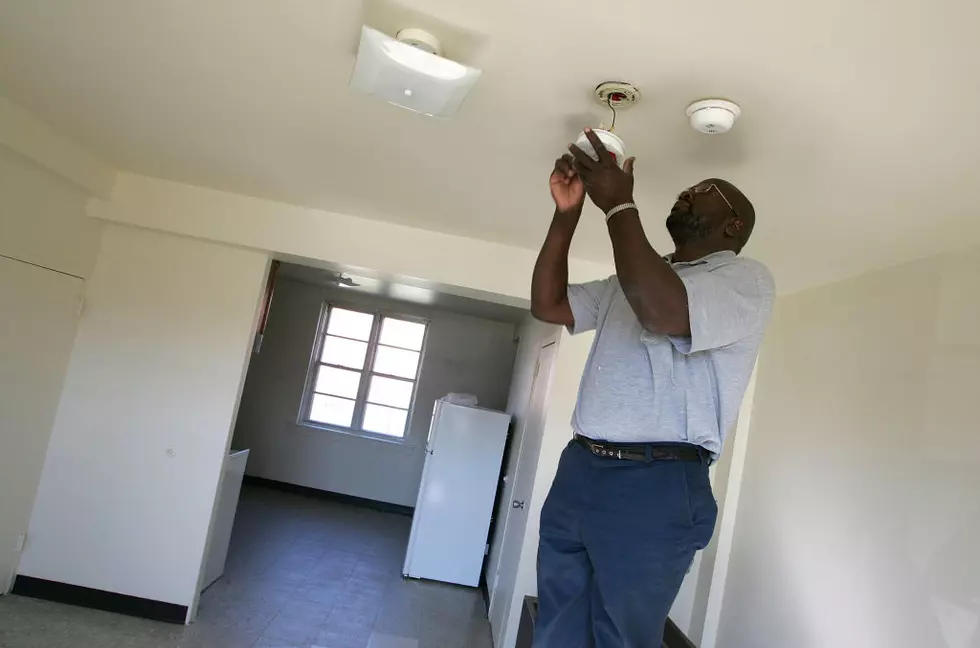
These Simple Tips Can Help You Recover from the Time Change
How was Monday for you? It's bad enough that it's already Monday but it's even worse when you're running on one less hour of sleep.
Over the weekend we sprung forward meaning we went up an hour in time. There's pros and cons to Daylight Saving Time. In this case, I love that the sun will now be out later into the day, but for others losing that extra of sleep makes all the difference. According to the Better Sleep Council, 60% of Americans need at least a day to recover from the time change and 30% say they need 2-3 days before they're feeling normal again. Does this mean the other 10% are just super human?
Whatever the case may be for you, here are some excellent tips from the website Real Simple, to help you recover and adjust to the time change -- whether we're springing forward or falling back:
1) Exercise
Exercising promotes better sleep in general. You don't even have to be hitting the gym or pumping iron to be active. You can take a walk, go for a jog, or do a quick exercise video -- all are beneficial. Give your body time to relax so get your workout in 2 hours or more before you head to bed.
2) Skip the Afternoon Coffee
This goes for caffeine in general as it can take 12 hours to leave your body (via Real Simple). So if you must have your caffeine fix, just don't have it later in the day or else you might find yourself with a case of insomnia.
3) Don't Eat a Large Meal or Drink Alcohol Before Bed
This applies any day, not just during Daylight Saving Time. Eating or drinking before bed interrupts your sleep so try and have your last meal three hours before you call it a night.
If you're like me, alcohol normally makes you real sleepy but just enough of it and you're having some of the worst sleep ever. Alcohol also disrupts your sleep pattern, makes you restless, and you might find yourself waking up throughout the night to use the bathroom.
4) Don't Use Your Phone Before Bed
This too applies on any day you want a good night of sleep. Several studies have proven that the blue light from your phone keeps not just your eyes from shutting down, but your brain, too.
5) Don't Hit the Snooze Button
I know how tempting this is! I hit my snooze button at least once a day, but experts say we all need to break out of this habit. Its recommended we place our phone out of reach, that way when the alarm does go off it forces us to get out of bed to shut that annoying sound off.
6) Take a Short Nap
If possible, a 10 to 30 minute nap can help give you energy for the rest of the day. Just try not to take naps as it gets too far in the evening.
Follow the above steps for these next few days and your body and mind will catch up with the time and you'll be back on to a normal schedule in no time.

KEEP READING: 15 Natural Ways to Improve Your Sleep
More From 97.5 NOW FM










